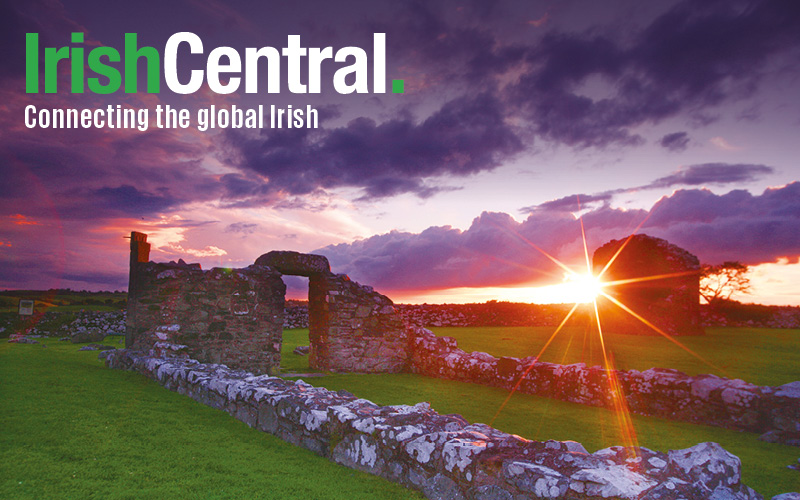In every decade since the early 1980s I have happily returned to the music of David Bowie and it has never disappointed me, not once, my whole life. I will never forget just how powerful and how powerfully transformative his music has been.
So like a lot of people I felt utterly crushed by the news of his death because I, like everyone else who loved him, associate that music with some of the brightest moments in my life. It seems impossible to me that a spirit so rich and a life force so strong can be extinguished.
One time I thought of involved a back road in Co. Donegal in the middle of the 1980s. It was rural Ireland so that meant finding your way by the stars and the moonlight since there were so few streetlights along the route.
With me that night was my best friend. He was the handsome lad that every local girl wanted to date. I was his wisecracking sidekick. There was a sort of Irish inevitability to our friendship.
That night we were on our way to a once-off dance in a stark concrete community center building six miles from our town. We had decided to walk and hitch and walk, but it quickly became clear that neither of us actually cared if we ever arrived at the destination. What we had that night was a rare opportunity to be young and free and completely unobserved, and we were going to make good use of it.
My friend started first. He launched into the first few lines of Bowie's epic chanson “Changes,” rising in a crescendo at the chorus. At the time he was a teenager who believed in going though phases, and so did the song.
“Time may change me, but I can't race time...” my friend sang. That idea seemed very profound to us then, and to be honest it still does to me now.
Then it was my turn. I didn't hesitate. I launched into “Starman” and my friend joined me at the second verse. In that town I mostly felt like a visiting alien, a wild eyed boy from another world, and I was often treated like one. But not on this night, not with this friend, and I knew it.
“Look out your window I can see his light,” we sang, “If we can sparkle he may land tonight. Don't tell your poppa or he'll get us locked up in fright...”
We were just two pals singing pop songs to each other in the middle of the night in a forgotten county that no one knew or cared about, but I remember it now as one of the great nights of my life. We laughed until we fell over and heads were full of impossible dreams, half fed by that radiant music.
It helped me just to know that a man as weird as Bowie existed. It helped me because in the 1970s and ‘80s, to be noticeably different was often a form of social suicide.
Being gay was a crime as well as a sin in ‘80s Ireland. You felt it, you were made to. Adults could be as contemptuous as children. Home could be as hostile as the streets.
I didn’t have much to fight back with in those years, but what I did have was David Bowie.
I could be brave because he had been. I could be weird because he had been. I could find a better future for myself because he had.
Next to David Bowie, other rock stars like Bono, Springsteen, Bon Jovi and even Cobain looked like mid level chartered accountants. It was the Starman who blew our minds.
My best friend knew what was going on with me. He did not care. We both loved music and Bowie and wisecracks and that united us. I cannot tell you how important it all was to me, his friendship, and that music.
What I did not know at the time, or for years later, was how often my best friend was often called upon to defend his friendship with me. Many of my peers often challenged him behind my back.
How can you be friends with him, people would demand. That weirdo, they would say, or worse.
What he told them then was that I made him laugh, and one of me was worth 10 of them. It took my breath away when I heard about this years later. It took courage to talk like that in Ireland in the ‘80s.
But I think he had that courage because the music had made him strong and so had singing it with me. And it never disappointed him, not once in his whole life.




Comments